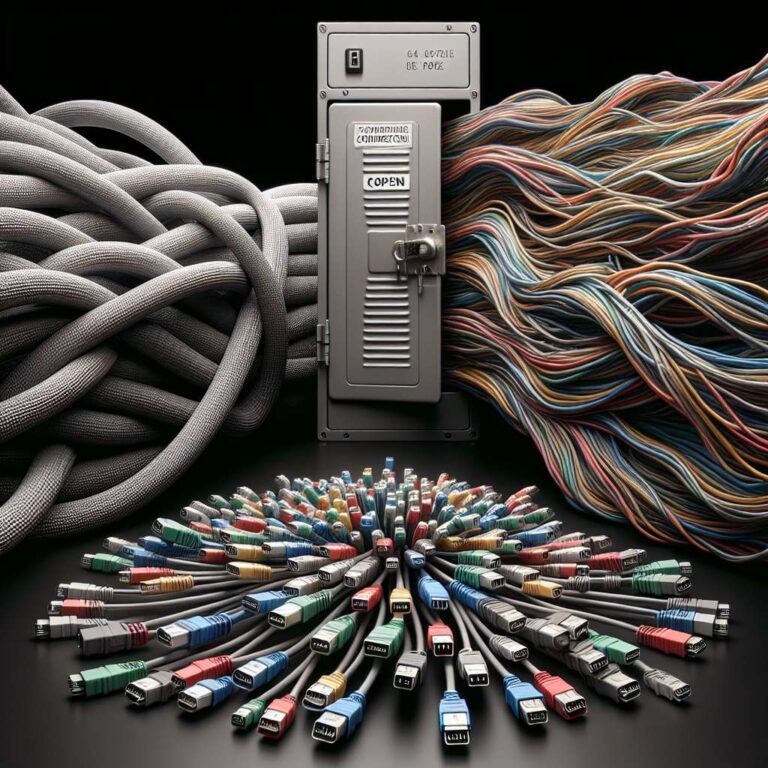NVIDIA has reinforced its dominance in the data center market with the launch of the NVLink Fusion program, an initiative aimed at integrating select partners’ custom chips into the NVIDIA ecosystem. Partners can connect custom CPUs to NVIDIA GPUs via the high-speed 900 GB/s NVLink-C2C interface, but this opportunity comes with notable limitations. Every participating chip must fundamentally connect to an NVIDIA product, with NVIDIA holding sole authority over the essential software and hardware layers that manage and initiate communication between devices. As a result, partners are barred from developing truly independent configurations and remain tethered to NVIDIA technology for interoperability.
This strict control extends deeper: NVIDIA requires a license to use its NVLink Switch chips while retaining exclusive stewardship over the underlying communication controller and PHY layers that regulate device links. For hardware makers and integrators, this lack of transparency and flexibility can stifle innovation, resulting in less-than-optimal system designs. Companies interested in collaborating must accept from the outset that they will operate with limited access to standards and protocols, with NVIDIA dictating the rules governing connectivity and integration.
In sharp contrast, major industry players including AMD, Google, and Intel have joined forces to form the UALink Consortium. In April 2025, the group published its UALink 1.0 specification, introducing an open, public standard for connecting up to 1,024 accelerators from any vendor, emphasizing flexibility and cost control. While NVIDIA’s technology still provides unmatched bandwidth and performance metrics, UALink’s open approach aims to appeal to organizations seeking vendor neutrality and broad interoperability. Despite reported frustration over NVLink Fusion’s closed nature, hyperscalers such as AWS, GCP, and Azure have shown interest—potentially prioritizing early access and ecosystem advantages over openness for now, even as pressure mounts for more open, collaborative solutions in high-performance artificial intelligence infrastructure.

